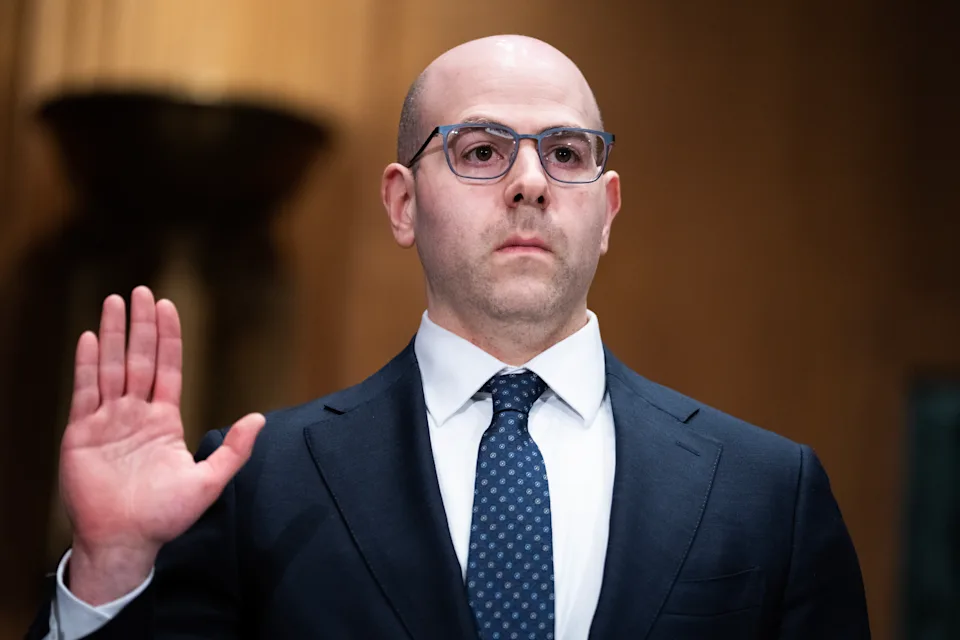

The U.S. economy is moving full steam ahead but trouble is looming and it is courtesy of the Federal Reserve, Guggenheim’s head of investing told CNBC on Wednesday.
“Ultimately this expansion will end and it is going to end because monetary policy is going to get too tight at the same time fiscal policy is going to turn into fiscal drag in 2020,” said Scott Minerd, the firm’s global chief investment officer and chairman of investments. Guggenheim has $265 billion of assets under management.
“When we get there … our work is showing us that the stock market will probably pull back 40 percent from the highs and that we’ll probably see credit spreads widen dramatically,” he said on “Power Lunch.” “Corporate America is overlevered.”
In fact, earlier in the day on Twitter he compared it to the ill-fated Titanic, moving full steam ahead with an iceberg looming.
Stocks plunged on Wednesday, with the Dow Jones Industrial Average closing down more than 800 points. The S&P 500 dropped 3.3 percent and fell below its 50-day moving average, a widely followed technical level. The Nasdaq composite plummeted 4 percent.
Minerd doesn’t see the recent market action as a harbinger of a crash but instead said it is a standard seasonal sell-off.
Veteran trader Art Cashin agrees, calling the market rout partially seasonal and partially a case of weakness driving further weakness.
“I do think it’s a bit of a calendar item and when we get past these first few weeks [of October], things may slow down a little,” said Cashin, UBS director of floor operations at the New York Stock Exchange, on CNBC’s “Closing Bell.”
Minerd predicts there will be a bottom sometime before the end of the month.
“It’s too soon to call the end of the bull market but over the course of the next six to 12 months I think people should probably take their profits and bunker down for the next recession,” he said.
Minerd has been warning about trouble ahead for the economy and the markets. Earlier this year, he said the market was on a “collision course with disaster” and predicted a sharp recession and the 40 percent decline in stocks.
Last week, Minerd tweeted that rising rates and declining stocks echo shades of October 1987, when the stock market crashed.
Minerd said Wednesday that he’s been taking risk off and will slowly continue to do so into the early part of next year. At that time, he hopes to be positioned correctly for the next downturn.





























